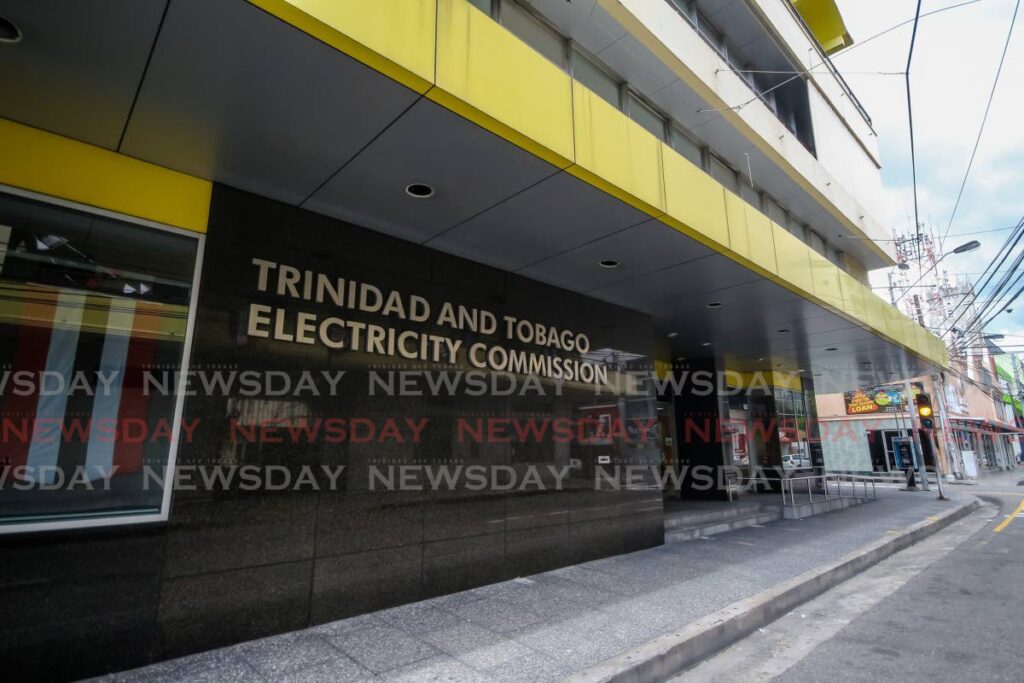The Trinidad and Tobago Electricity Commission (T&TEC) is embroiled in a legal controversy after its legal department admitted to misrepresentations in court regarding the existence of key policy documents. The case stems from a dispute with Dr. Fayard Mohammed, who challenged T&TEC’s installation of high-tension power lines on his private property without disclosing the governing policy. T&TEC’s legal officer, Candace Price, filed an affidavit on October 30, acknowledging that previous statements to the court about the non-existence of these documents were inaccurate. Price emphasized that the commission deeply regretted the misstatement and reaffirmed its commitment to transparency and compliance with the Freedom of Information Act (FOIA). The disclosure of the policy was made on October 24, following a court order by Justice Frank Seepersad, who ruled that T&TEC had breached its statutory obligations under the FOIA by failing to respond to Mohammed’s September 26, 2024, request. Seepersad expressed concern over the implications of the misrepresentation and the delay in providing the policy, questioning why it was not available during earlier hearings. Senior Counsel Anand Ramlogan, now leading T&TEC’s legal team, admitted to a “changing of the guards” within the commission’s legal department and pledged to uncover the truth. Seepersad dismissed T&TEC’s arguments that its refusal was justified under the sub judice rule or to prevent a “fishing expedition,” calling them “devoid of merit.” He ruled that T&TEC’s delay violated multiple sections of the FOIA and undermined public trust. The judge awarded costs to Mohammed and stressed that FOIA applications are essential for citizens to access public information, not mere litigation tactics. The case has been adjourned to November 24 for further proceedings.
T&TEC claims ‘misrepresentation’ by ex-legal counsel in doctor’s battle over power lines
